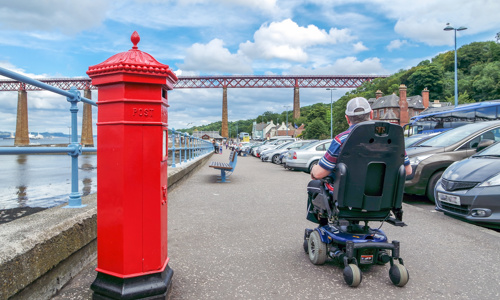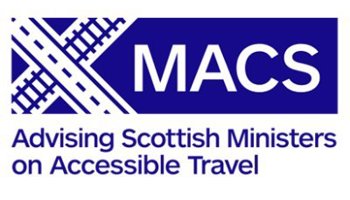
Mobility and Access Committee for Scotland (MACS)
MACS works to ensure that disabled people can travel safely, independently, and with dignity. As an independent advisory committee, we provide guidance to the Scottish Government and Transport Scotland on transport policy, accessibility improvements, and the impact of legislative changes. By engaging with ministers and stakeholders, we advocate for a transport system that removes barriers and enables full participation in all aspects of public life for disabled individuals.



